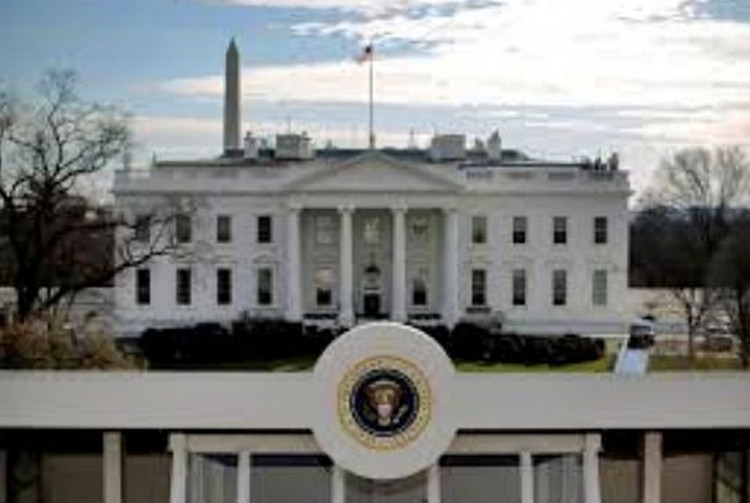The already historically high U.S. budget deficit under Donald Trump ballooned to $738.6 billion in the first eight months of this fiscal year, or a $206 billion increase year-on-year, according to official federal figures released Wednesday.
The mammoth budget gap was 38.8 percent larger than the same period a year ago, said the U.S. Department of the Treasury in its monthly budget review of the economy. Treasury said the revenue increase of 2.3 percent in the first eight months fares badly in comparison to the 9.3 percent rise in government spending.
The White House keeps claiming tax cuts form the Tax Cuts and Jobs Act of 2017 will pay for themselves by creating more revenue through faster and sustainable economic growth. This isn't happening, economists pointed out.
On the other hand, the Congressional Budget Office (CBO) forecasts the federal budget deficit will jump to $897 billion in fiscal 2019-2020 compared to $779 billion last fiscal year. It's expected to rise to more than $1 trillion in fiscal 2022.
Some economists expect the deficit to hit $1 trillion this fiscal year, however. CBO said the deficit will be close to the $1 trillion levels since spending increases coupled with stagnant revenue growth is helping boost the deficit every month.
In May, the federal budget deficit increased to $207.8 billion, up 41.5 percent from the same month in 2018. Analysts said the jump was caused by June 1, which occurred on a weekend.
This forced some federal payments into May. Excluding this accident, the deficit would still have risen by 8 percent. Spending in May rose 6 percent while revenue improved by only 4 percent.
Taxes on Chinese goods rose during the month but not by the huge amounts Trump keeps claiming. Customs duties paid by China amounted to just $4.9 billion in May. This brought the total customs duties paid by China to $44.9 billion in the first eight months of the fiscal year.
Analysts said the additional money gained from the tariff hikes have failed to keep the budget deficit from increasing under Trump. This non-stop rise in the deficit is also being driven by the Republican Party's Tax Cuts and Jobs Act of 2017 that has also drastically reduced government income while greatly boosting spending.






